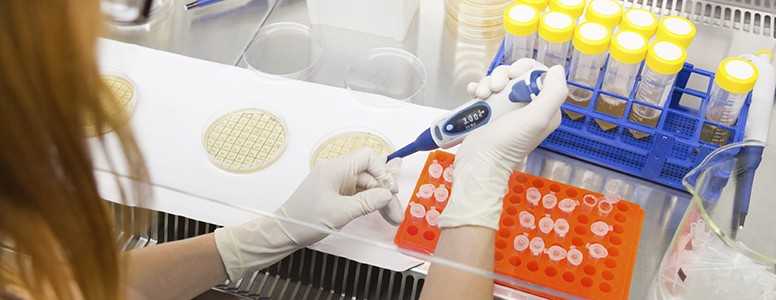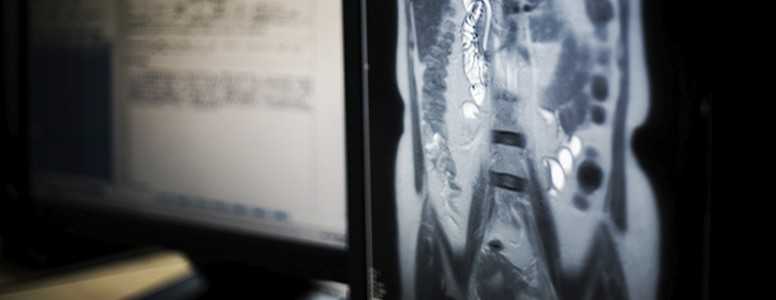A technique to “reboot” pancreatic cells so insulin can be secreted has been developed by Belgian researchers.
The Université Catholique de Louvain believes this finding could be further developed so people with type 1 diabetes can control blood glucose levels without requiring daily injections.
A team led by Phillipe Lysy investigated human pancreatic duct-derived cells (HDDCs) that were taken from non-diabetic donors after their deaths.
The HDDCs – which don’t produce insulin, but can grow into different types of cells – were reprogrammed to act like insulin-producing beta cells by being exposed to fatty particles. To achieve this, the researchers used messenger RNA (mRNA) of a transcription factor, which carries DNA code to other parts of the cell for processing.
Using mRNA, the fatty particles carried the genetic code to make MAFA, which allows genes to be switched on or off in the genome. The mRNA was then transformed into protein before binding to DNA in the nucleus and activating insulin production.
When these altered cells were implanted into diabetic mice models, the researchers checked that insulin was being secreted. According to Lysy, “the results are encouraging”.
“With ongoing in vivo studies, we are analyzing the potential of our reprogrammed cells to function and secrete insulin into a body according to blood glucose levels. Our objectives are to evaluate the conditions that allow banking of our reprogrammed cells in clinically compatible procedures,” Lysy said.
Lysy and his team added that a further benefit of this novel treatment is that it offsets the risks related to stem cell treatments, such as cancer and structural modifications to DNA.
The technique could be ready for human testing in three to five years if work continues to progress. The researchers hope that cells could be harvested from the HDDCs of dead donors and converted into a mass of insulin-producing cells.
The findings were reported at the 54th Annual European Society for Paediatric Endocrinology Meeting in Barcelona, Spain.
What's new on the forum? ⭐️
Get our free newsletters
Stay up to date with the latest news, research and breakthroughs.



